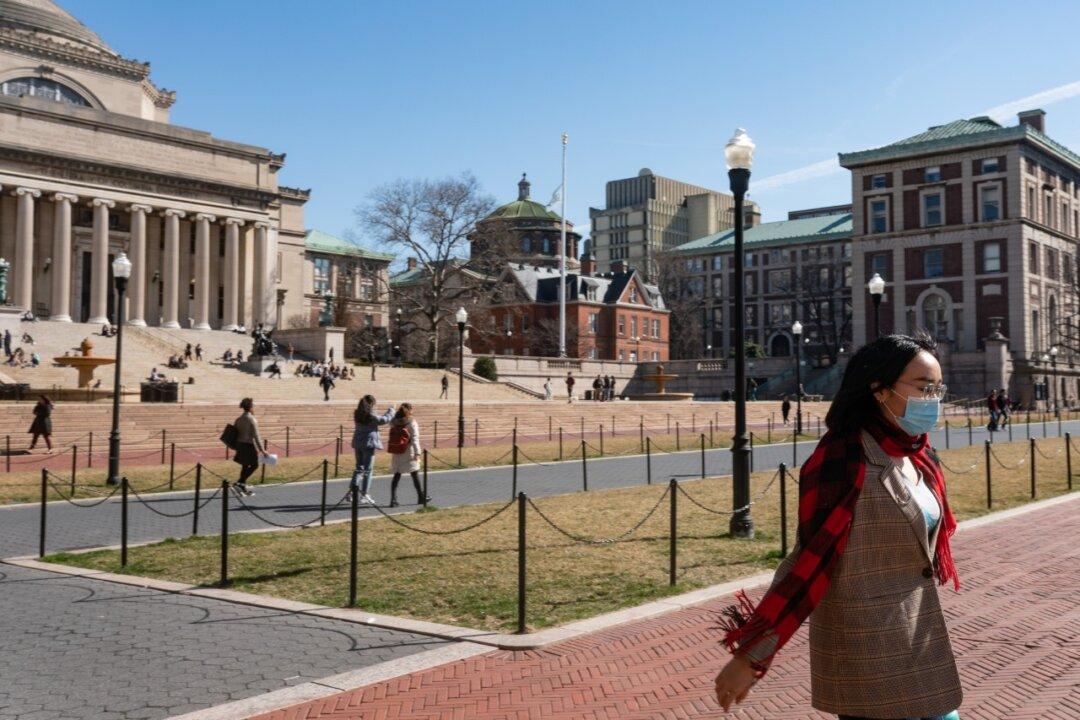The Chinese regime has built a worldwide network of 600 outposts to recruit foreign experts and scientists in a bid to acquire advanced technology, according to a new report.
U.S. officials have increasingly warned that Beijing uses state-backed recruitment plans to facilitate the transfer of American technology and know-how to China. Under these plans, foreign experts are paid to work in China, including opening labs and conducting research at Chinese institutions.





